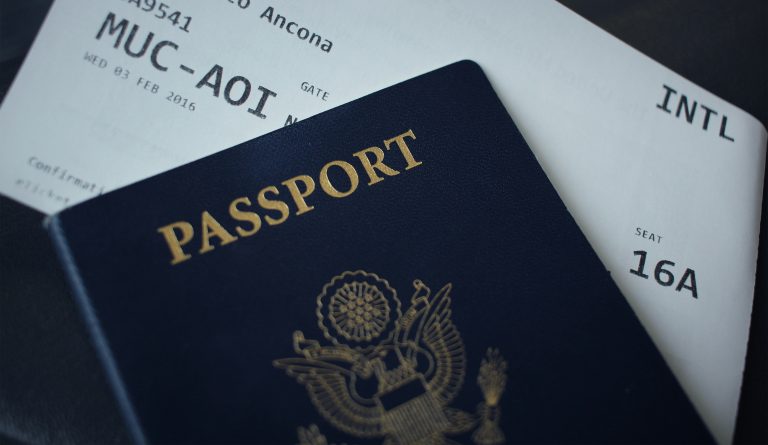Payroll in Switzerland

Switzerland is one of few developed countries that does not have a national minimum wage system. Even so, at the canton (state) level, 26 of them have passed their minimum wage condition. Attractive tax rates for companies and an investor-friendly economic environment make Switzerland one of the world’s top countries to do business with. Furthermore, the stable political situation, innovative backdrop, and leading role in Pharmacy, Watchmaking, Fintech, High-tech, Biotech, and many more, makes the country appealing to business. Also, the stable currency is boosting the market reputation
With wages comes taxation. Switzerland’s tax basis is on an individual’s gross income, which is calculated and deducted to finalize their net income, the amount of money they receive from their employer. Every Swiss citizen or permanent residence must pay taxes by their previous annual income.
Since taxation is by total earnings, several factors come with computing taxes:
- Gross income = The wage determines how much a person pays on federal, cantonal, and local taxes.
- Location = The place where they reside determines what tax rate they are going to follow.
- Marital status = Married couples’ taxes are a combination of their incomes added together.
- Religion = Citizens who are a member of the Roman Catholic or Protestant church must pay church taxes.
However, employees that are not a citizen or a resident have an additional tax criterion, called the Withholding Tax or “Tax at Source.”
They must pay their withholding taxes monthly. Although, citizens or residents have the privilege of only paying them at the end of the year.
The other aspect taken from the gross income, apart from taxes, is the various pensions and insurances. Below are the numerous acronyms commonly found in a Swiss payslip and their corresponding meaning, with their respective deduction rates.
AHV = Old-age and Survivors’ Insurance (OASI), Disability Insurance (DI), and Income Compensation Insurance (IC)
According to AHV’s website, employees must start paying their contributions from January 1 of the year, after their 17th birthday.
An individual would stop paying for this insurance when they do not have a job anymore. However, if a person is: a student or an employee who stopped working without reaching the retirement age (65 for men and 64 for women), they would still be mandated to pay as non-employed persons.
Switzerland’s Pension system is also another factor to consider.
Rate
The contribution rate breakdown is:
- OASI = 8.70%
- DI = 1.40%
- IC = 0.50%
- Total = 10.60%
Despite this, according to AHV, employers would pay half of the contribution, while the other half (5.30%), by you.
FAK = Family Compensation Fund
A system of monthly allowance for each child that a person has up until they reach the age of 16.
Eligibility
They are eligible for the family allowance if they are not unemployed or not working but have a low taxable income.
If they are eligible and interested, they must first apply for it through their employer, or if they are self-employed, apply to their family allowance compensation fund.
Rate
Contributions on the FAK varies by canton. The monthly allowance also has the same case, but the lowest monthly stipend is CHF 200 for each child.
ALV = Unemployment Insurance
This insurance provides compensation for individuals that have lost their job. People who have this insurance receive about 70% of their average wage during the previous six months of employment.
Eligibility
Every individual is entitled to the benefit if they are:
- Completely unemployed
- Worked for 12 months in at least two years
- Age is within 16 and has not yet reached retirement age
- Residing within Switzerland
If they are a foreign national, they are entitled to the ALV if:
- They have a C or B permit
- If they have an L permit, they can only stay in Switzerland for the maximum duration of six months while looking for another place to work.
For cross-border workers, they have the option to avail their unemployment benefits from the country they live in if they have a G permit. But, if they wish to, they can still benefit from the services from their regional employment centre (RAV) when searching for a new occupation in Switzerland.
According to the SME Portal of the State Secretariat for Economic Affairs (SECO), self-employed workers are eligible for this benefit if they are:
- Going into bankruptcy with their project
- If they have paid contributions to ALV for the two years before their unemployment for at least 12 months.
Rate
For individuals who have an annual wage of CHF 148,200 below:
- 2.2% of annual wage
For individuals with a wage above CHF 148,200:
- 1% of annual wage
ALVZ = Additional Unemployment Insurance
This insurance only applies to salaries that are above CHF 148,200.
Rate
UVG = Occupational accident insurance (OAI) and non-occupational accident insurance (NOAI)
Eligibility
Every individual is mandated to have UVG. For self-employed workers, they must arrange their accident insurance. If they are unemployed and receiving benefits, the Swiss National Accident
Insurance Fund (Suva) is their insurance. An individual who works for less than 8 hours a week will only avail of the OAI.
Rate
For the occupational accident insurance:
- 0.081% (Rate covered by the company)
For the non-occupational accident insurance:
- 1.168% (Company is not obligated to pay this insurance but may choose to)
KTG = Daily Sickness Insurance
This insurance is optional, and income is usually within 80% of the employee’s wage. Additionally, the KTG will start paying the employee by the 3rd day of the sickness up to a maximum of 720 days of ailment.
Rate
- 1.14% (Covered by the company but can opt for the employee pay up to a maximum of 50% of the rate.)
BVG = Occupational Insurance
The BVG is the second pillar of the social security system in Switzerland, with the OASI as the first. The BVG’s primary function is for individuals to sustain a sufficient standard of living even if they are retired.
Eligibility
Individuals are subjected to the BVG if:
- They have the AHV
- Salary of more than CHF 21,510
Self-employed workers are not mandated to this insurance and may voluntarily choose not to.
Rate
The rate is dependent on the individual’s age, salary, and pension plan. Younger workers have a lower pension rate than employees who are near retirement.
With so many components to a payslip, it would be best to consult with experts of finance, HR and compliance to ensure that workflow and employee management in Switzerland goes smoothly.
Global People is a leading local employment solutions provider for national and international corporations and can advise and escort you in your next destination.






